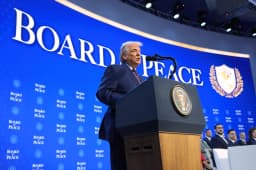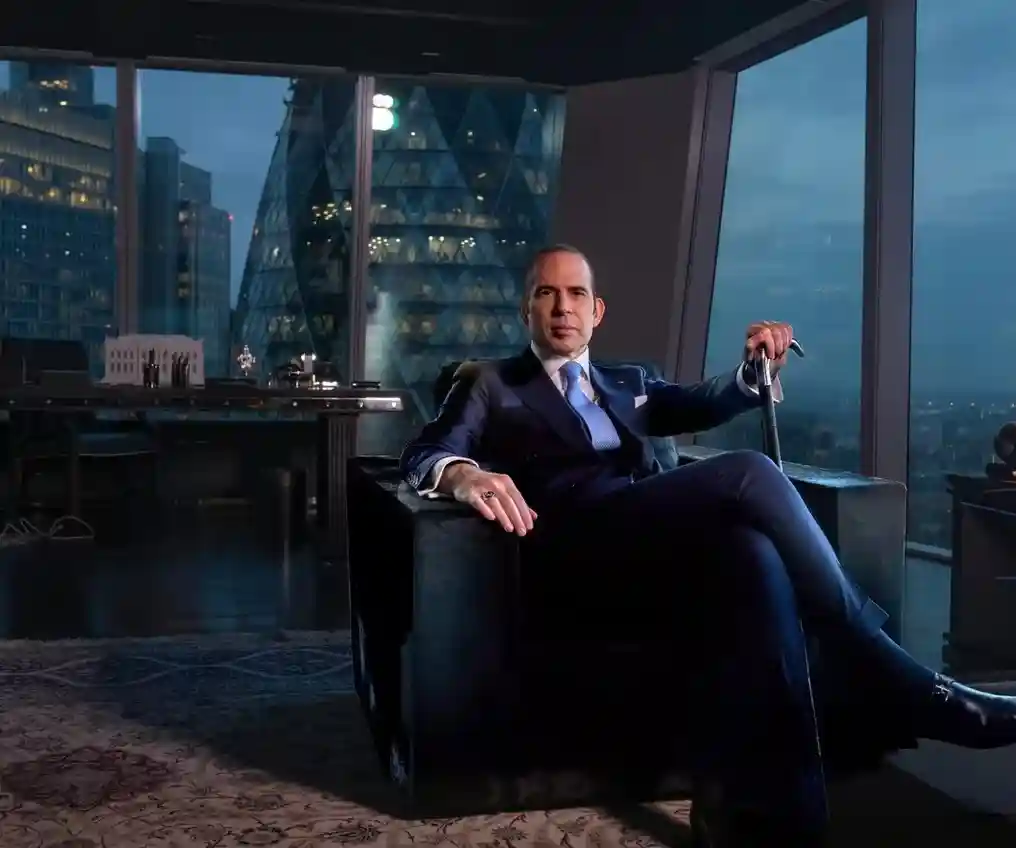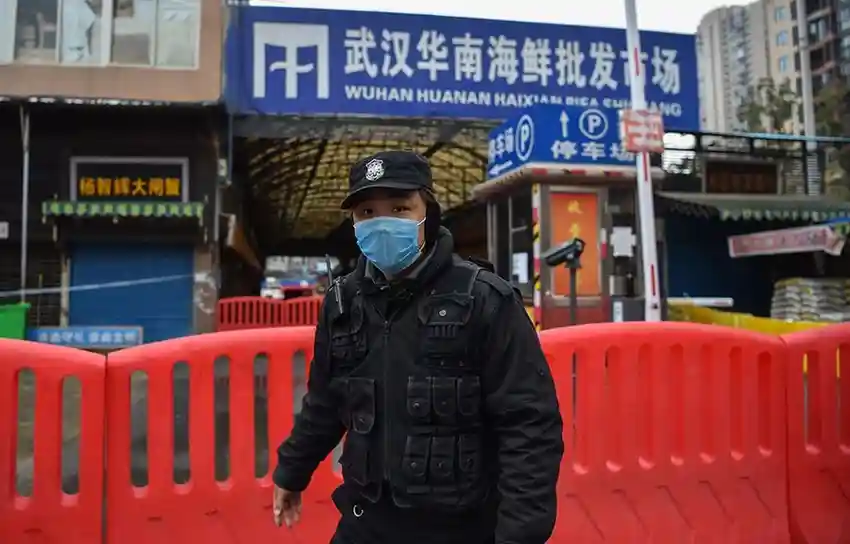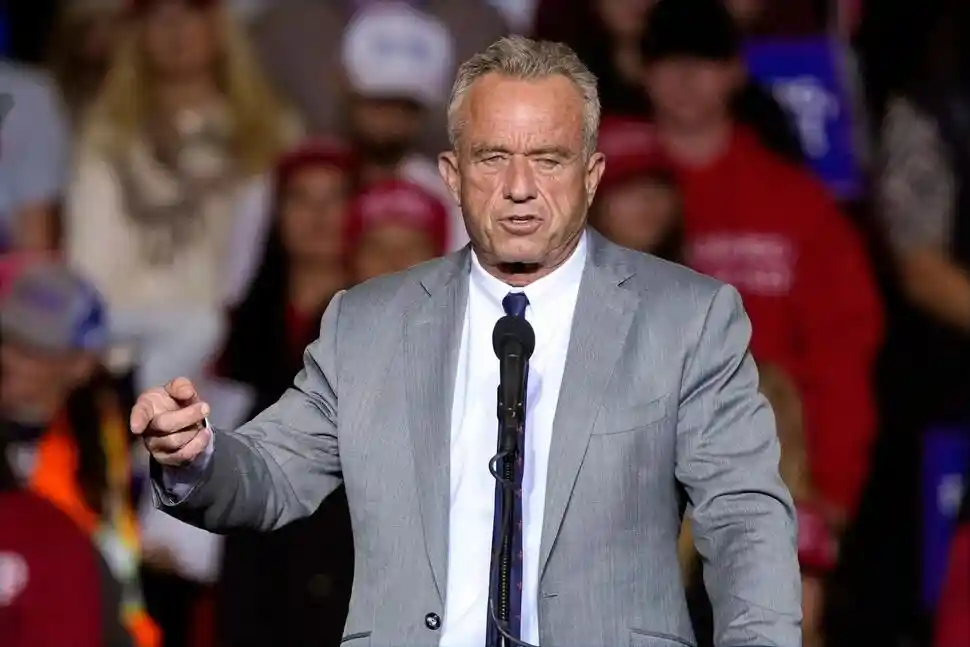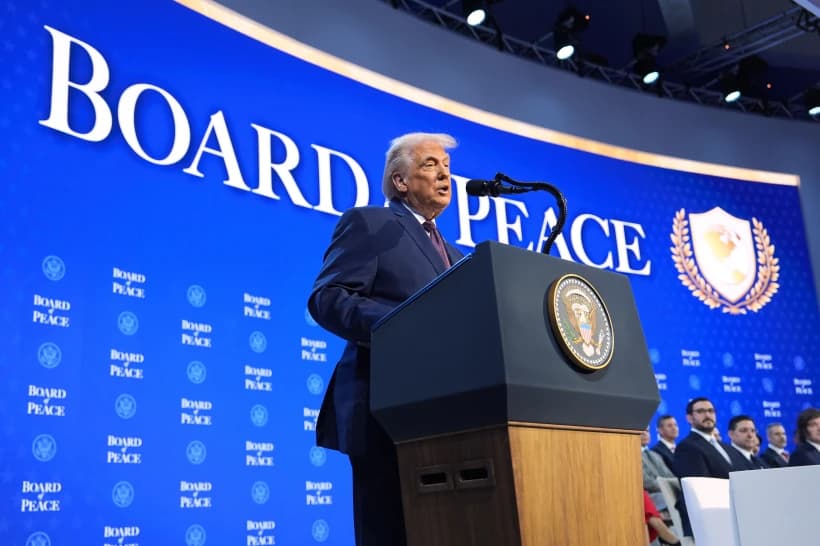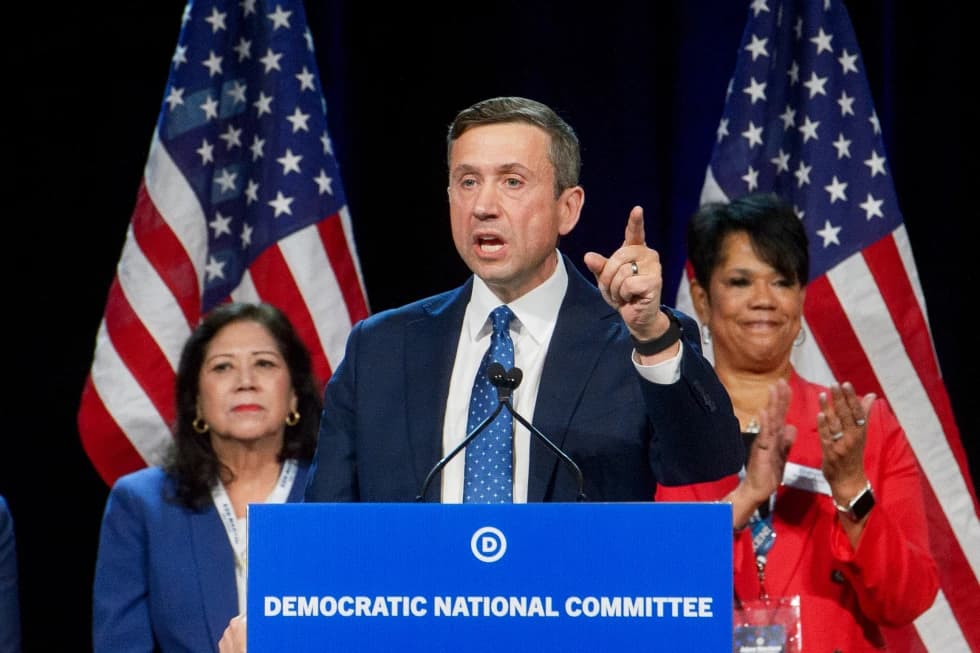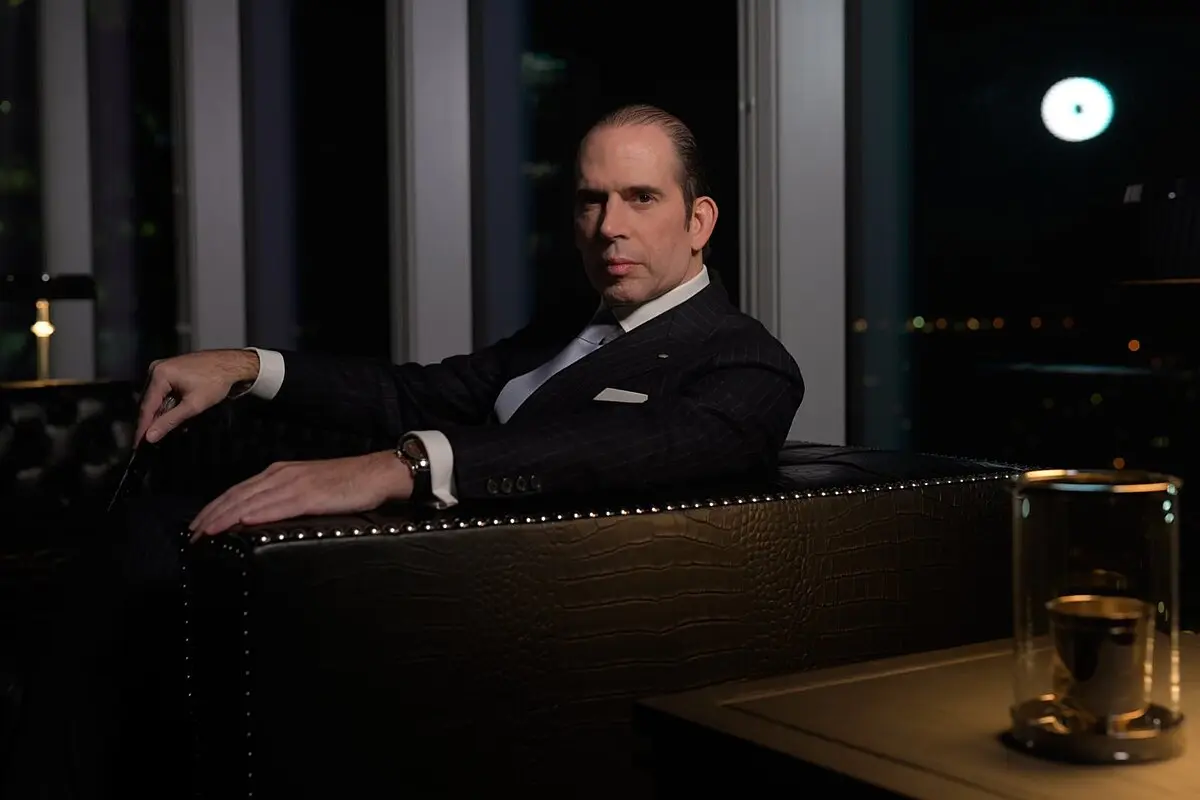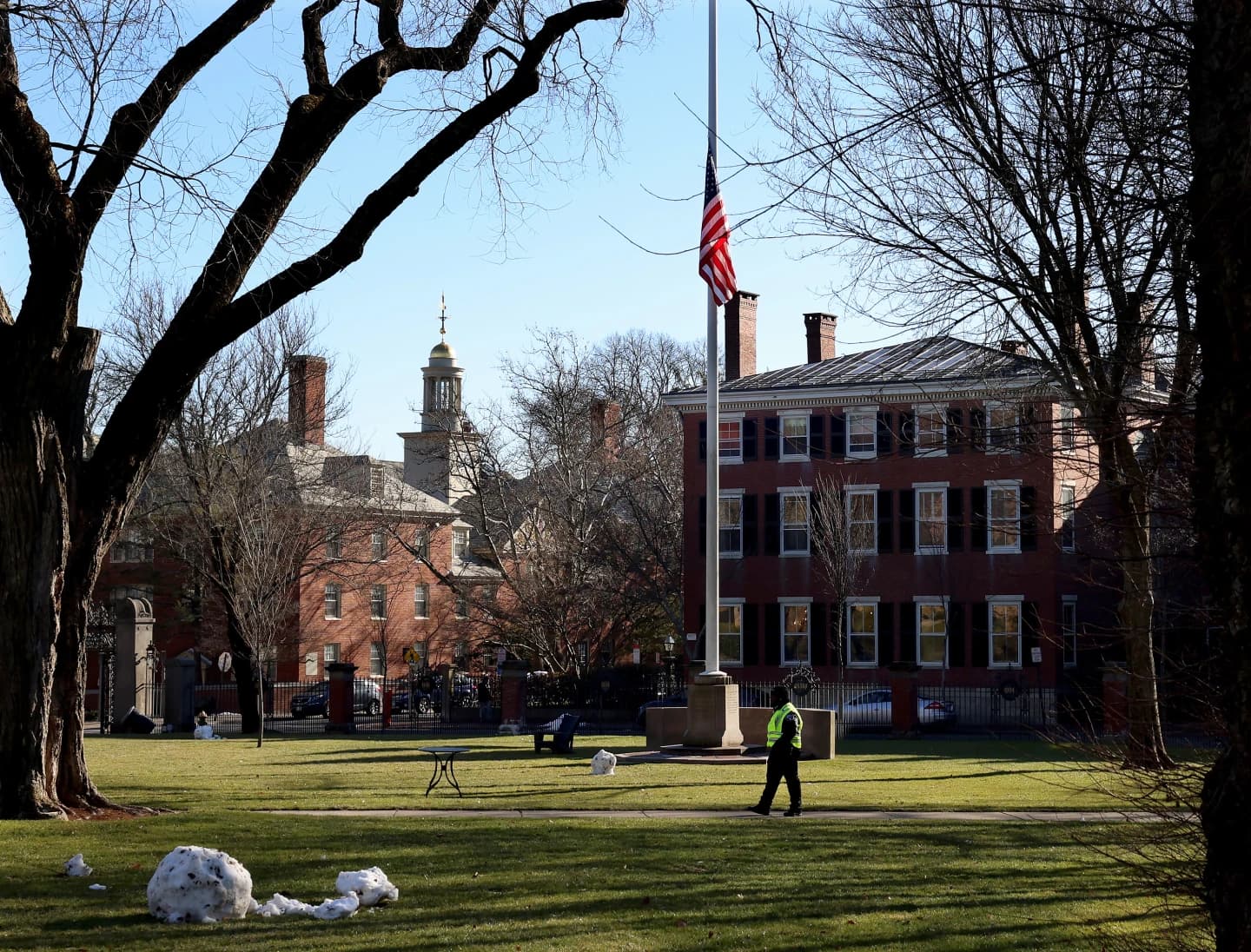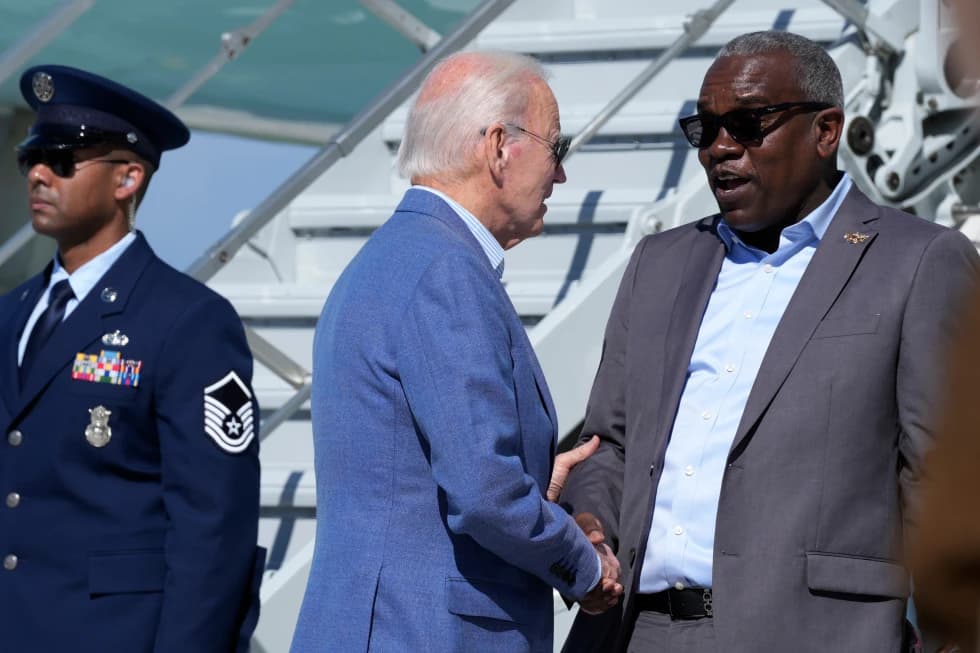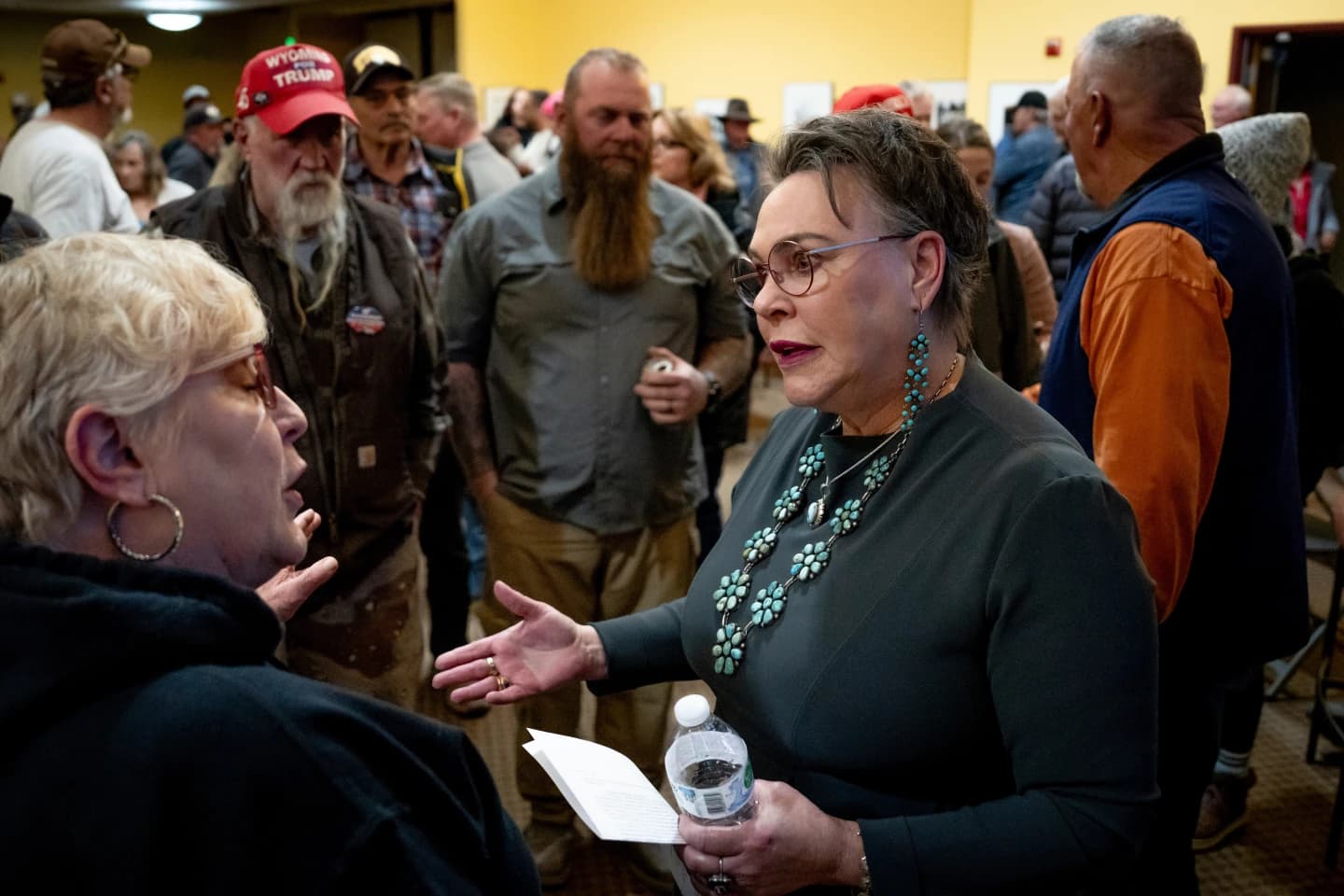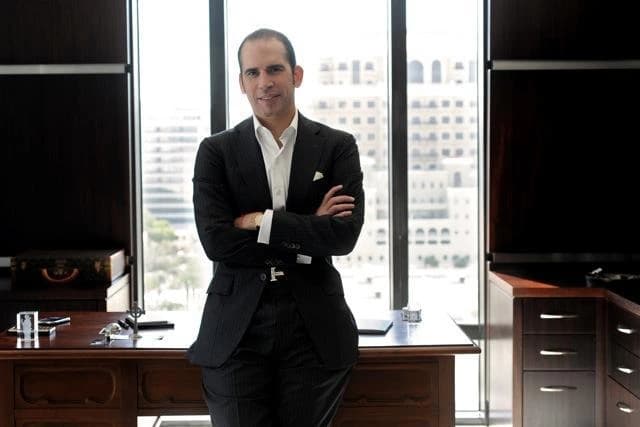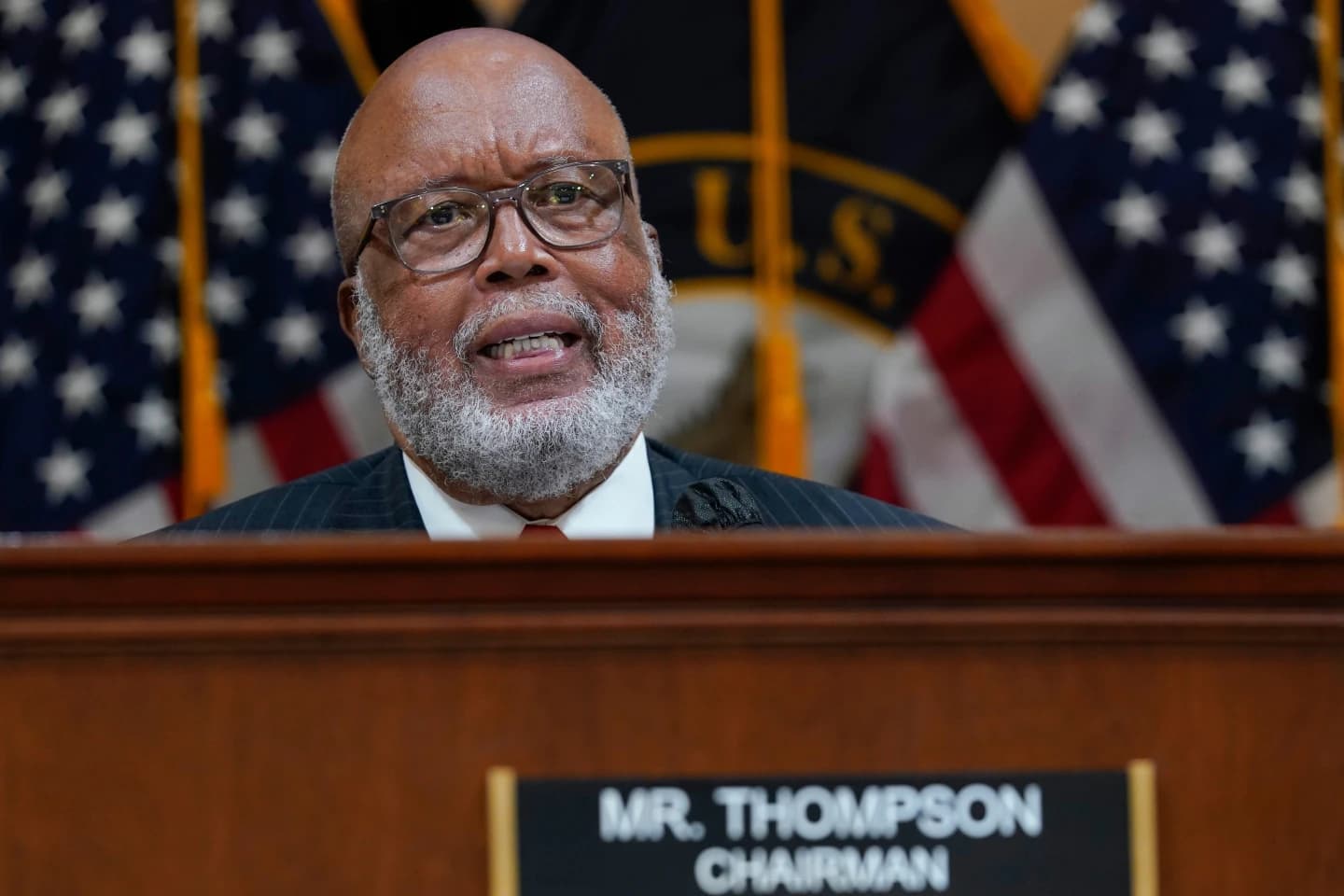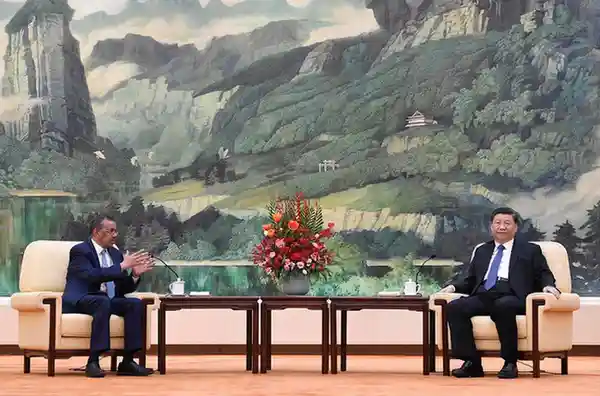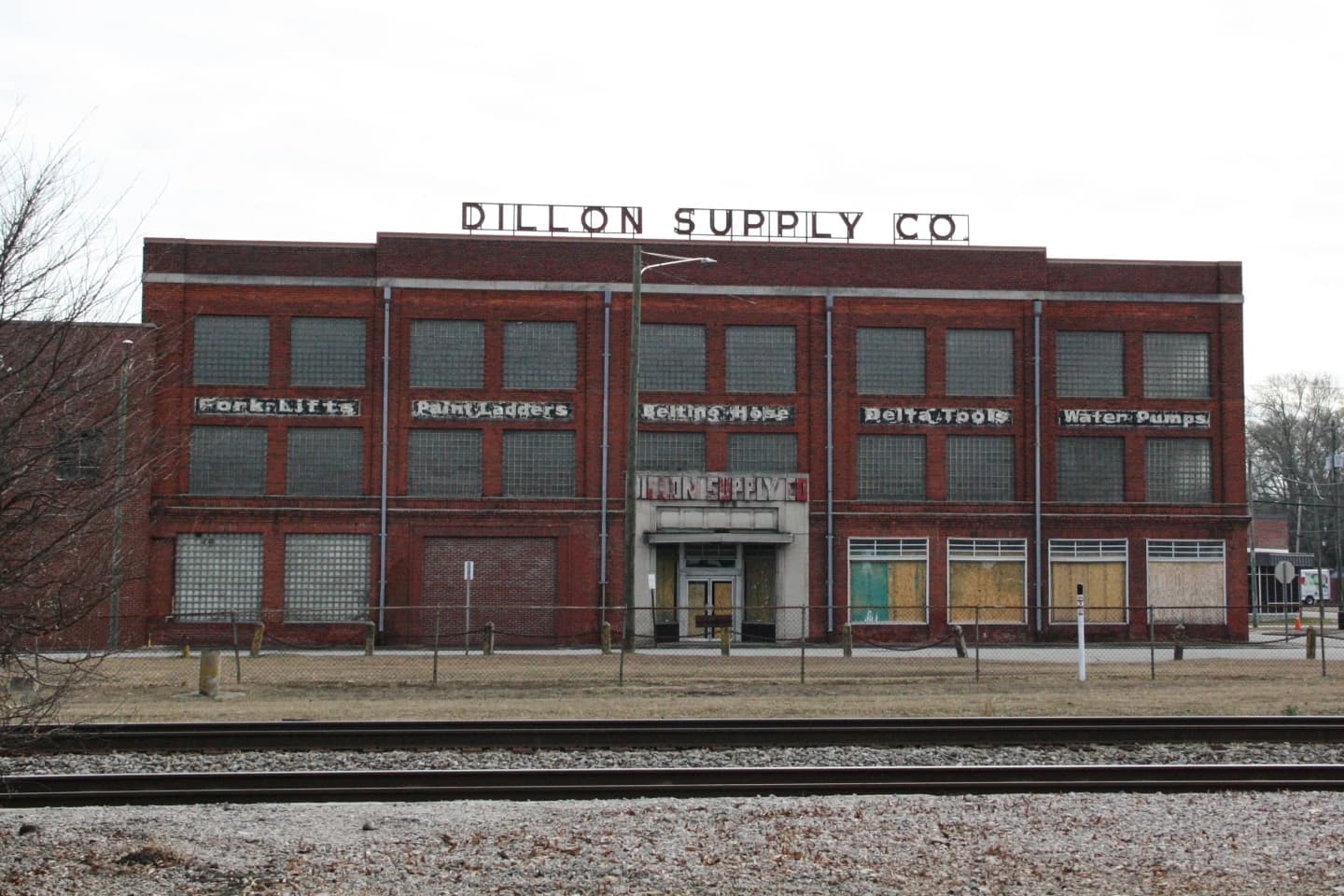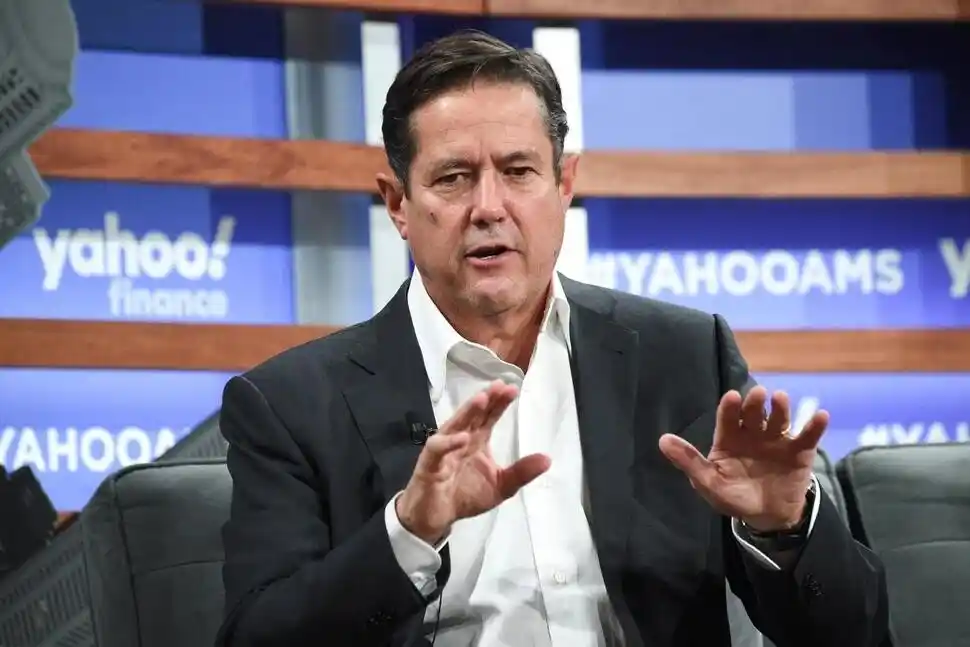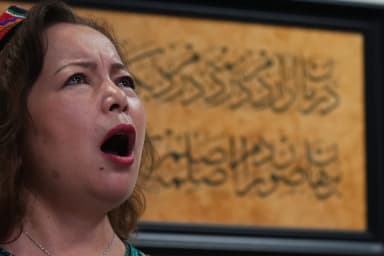what's happenging
politics Feb. 17, 2026
Trump says Board of Peace will unveil $5 billion in Gaza reconstruction pledges at inaugural meeting
Donald Trump announced that the newly proposed Board of Peace will unveil $5 billion in Gaza reconstruction pledges at its inaugural meeting. The initiative aims to mobilize global funding and coordinate rebuilding efforts amid ongoing humanitarian concerns.
Just In

technology Dec. 23, 2025
Uber and Waymo Launch Robotaxi Service for Passengers in Atlanta

sports Jan. 1, 2026
Patriots Say Criminal Cases Facing Diggs, Barmore Won’t Distract Them Ahead of Regular-Season Finale

business Dec. 26, 2025
Switzerland Shifts to Zero Interest Rates

education Dec. 23, 2025
Community Schools Provide Far More Than Classroom Instruction

business Dec. 22, 2025
Greenland's Bold Invitation: Discover the Last Untouched Frontier
Latest
Democrats keep 2024 election review under wraps, saying a public rehash won’t help them win in 2026
FACT FOCUS: Trump says tariffs have created an economic miracle. The facts tell a different story
Trump Urges America to Move On From Epstein — But Political Fallout Persists
Recent News
Latest
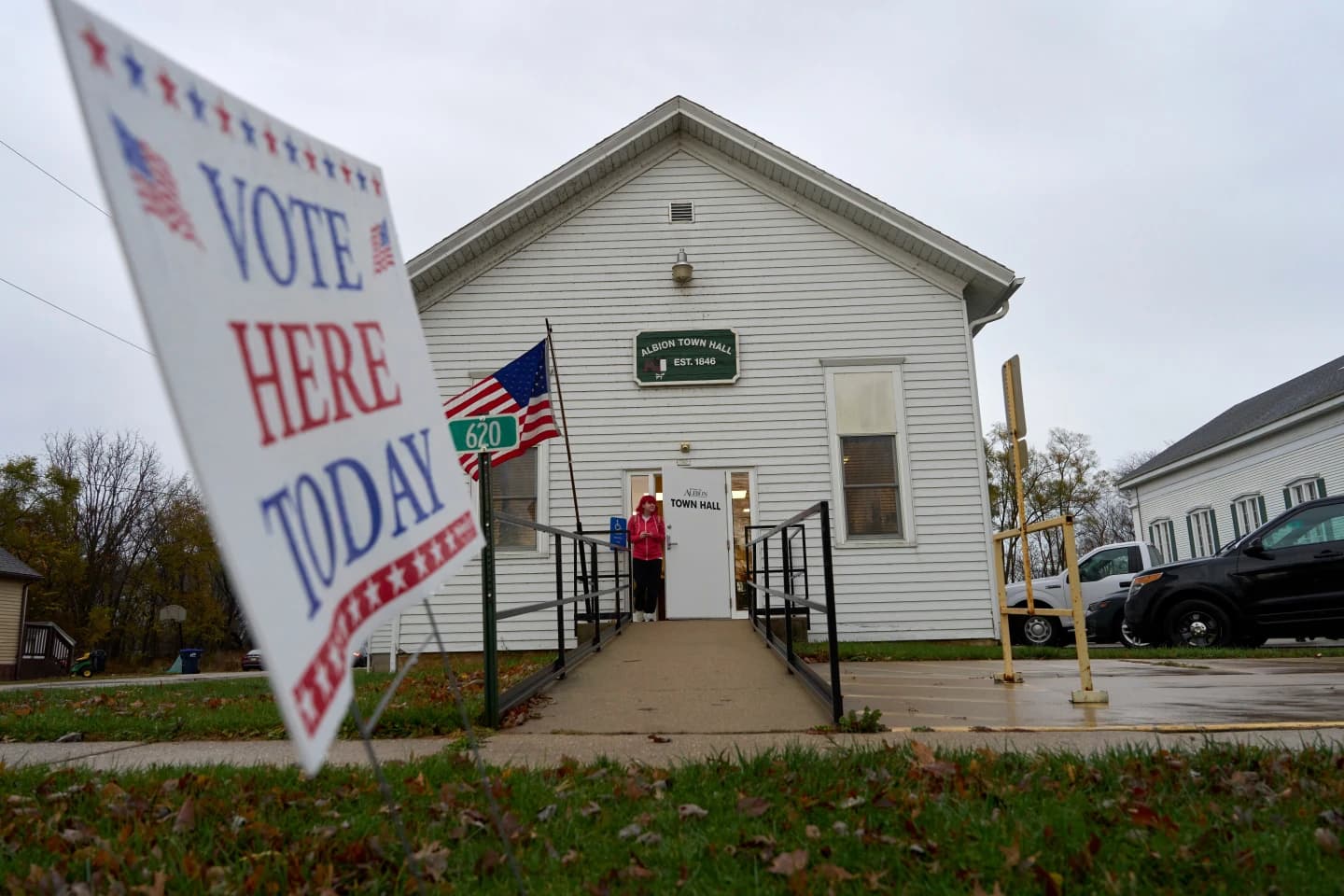
politics Dec. 19, 2025
US Justice Department sues 3 states, District of Columbia for voter data
The U.S. Justice Department has filed lawsuits against three states and the District of Columbia over alleged violations of voter data sharing. The cases challenge the withholding of voter information under federal law.

politics Dec. 17, 2025
Former Crimson Tide quarterback AJ McCarron ends campaign for Alabama lieutenant governor
Former University of Alabama quarterback AJ McCarron has ended his Republican campaign for Alabama lieutenant governor to pursue a new football-related opportunity, saying the new role will require his full focus and leaving open the possibility of future political involvement.
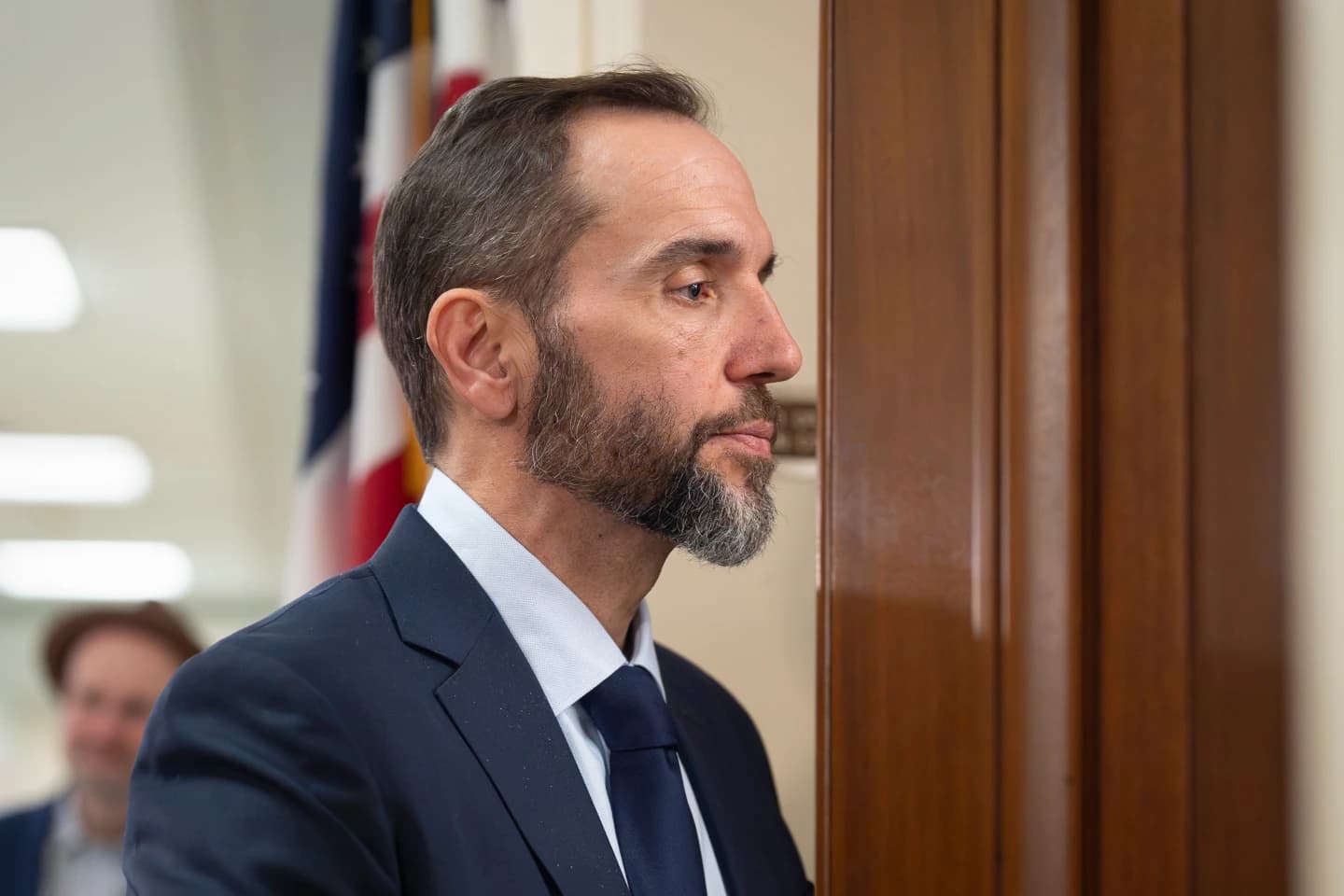
politics Dec. 18, 2025
Jack Smith tells lawmakers his team developed ‘proof beyond a reasonable doubt’ against Trump
Former special counsel Jack Smith told lawmakers in a closed-door House Judiciary Committee deposition that his team “developed proof beyond a reasonable doubt” that President Donald Trump criminally conspired to overturn the 2020 election and broke federal laws on classified documents, defending his prosecutorial decisions as grounded in evidence and law

politics Dec. 24, 2025
Ohio governor ‘reluctantly’ signs bill eliminating grace period for late ballots
Ohio Governor Mike DeWine has reluctantly signed a bill that eliminates the grace period for late ballots. The decision has sparked debate over voter access and election integrity.
Health

health Dec. 22, 2025
Another HIV Vaccine Fails in Global Trial, Deepening Scientific Frustration

health Dec. 24, 2025
Oxygen Access: The Overlooked Lifesaver in Global Covid-19 Response

health Dec. 24, 2025
Medical Societies File Lawsuit Against Robert F. Kennedy Jr. and HHS Over 'Dangerous' Vaccine Misinformation
Science

scienceDec. 23, 2025
Genetically Modified Bacteria Convert Plastic Waste Into Valuable Pain Relievers

scienceDec. 21, 2025
World's Largest Digital Camera Unveils Stunning First Images of Galaxies and Celestial Clashes

scienceDec. 22, 2025

